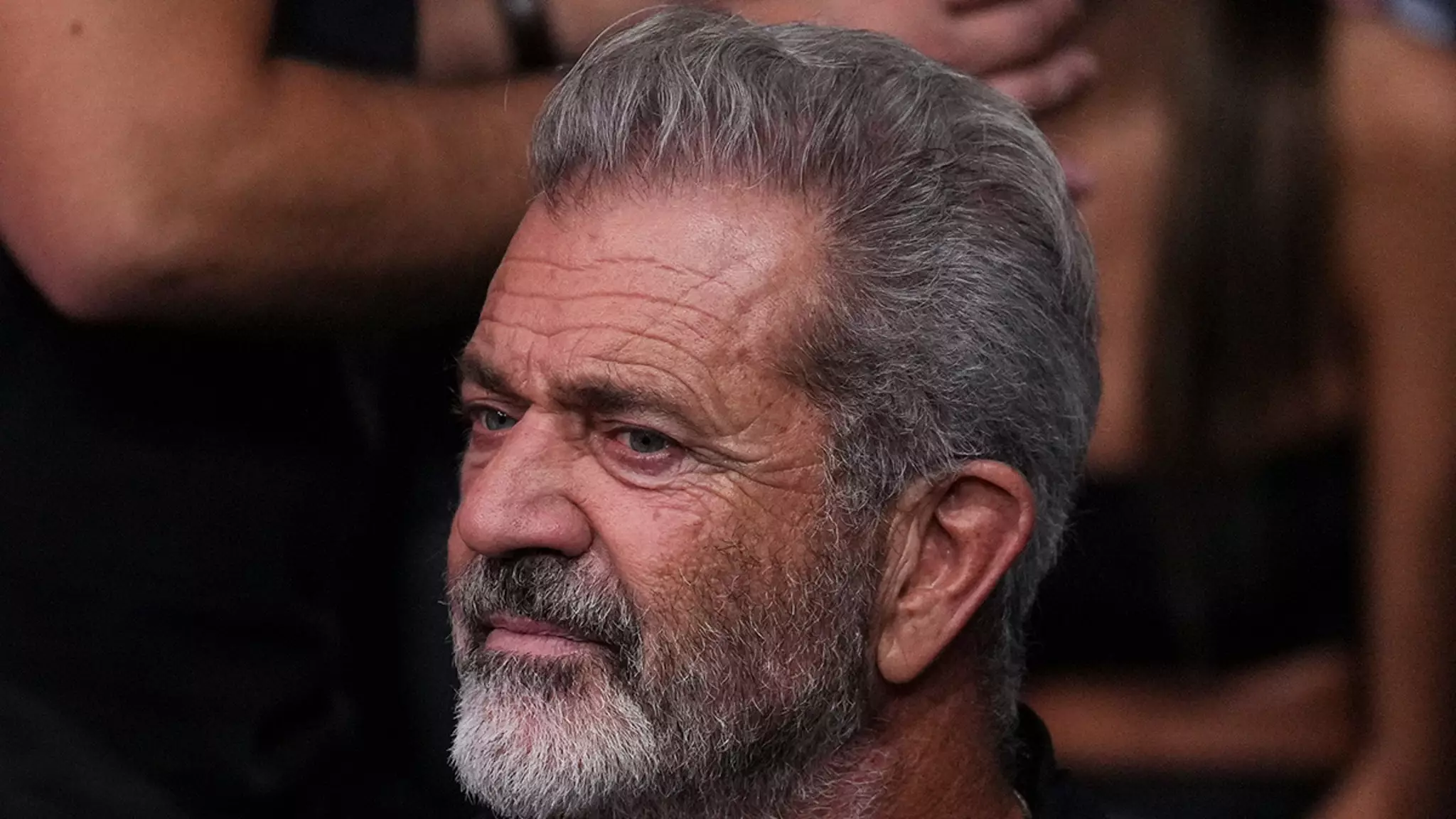The recent decision to restore Mel Gibson’s right to bear arms ignites a firestorm of controversy, revealing stark divides not just in public opinion, but also within the U.S. Justice Department. After a legal battle stemming from a 2011 battery charge involving a former girlfriend, many are left questioning the ethical implications of allowing an individual with such a troubled past to possess firearms once again. What seems to add fuel to the fire is the apparent influence of political affiliations on this decision, particularly given Gibson’s reported ties to former President Donald Trump.
Gibson, now among a small group of ten individuals who have had their gun rights reinstated, becomes a focal point in a broader debate about accountability and favoritism in the legal system. The New York Times reported that the restoration of his rights was not without contention, revealing that internal strife led to the dismissal of former U.S. pardons attorney Elizabeth G. Oyer, who had opposed the move. This incident raises significant concerns about how political relationships can sway judicial outcomes.
The Implications of Influence
The circumstances surrounding Gibson’s case suggest a troubling paradigm in which celebrity status and political ties can nullify previous legal consequences. The public’s perception of fairness is undermined when it appears that an individual, albeit a prominent one, can bypass the restrictions placed upon citizens based on their past actions simply because of their connections. Oyer’s claim that she was told to reassess her position reflects a chilling message: the rule of law can sometimes be circumvented by personal agendas—a phenomenon that, while not uncommon, is nonetheless alarming.
Moreover, this incident has implications that reach far beyond Gibson himself. As gun rights continue to be a point of contention in American society, the precedent set by his reinstatement can arguably lead to greater scrutiny on how gun laws are applied, particularly for those with legal blemishes. If influential individuals can easily reclaim their rights, what does this mean for the countless others who do not share the same advantages and face more stringent barriers?
A Society in Dilemma
The debate surrounding Gibson revolves around core societal values of justice and equality. Many people in America grapple with the dichotomy of being law-abiding citizens while witnessing the apparent discrepancies in how laws are enforced. For a nation deeply divided over gun control, the restoration of Gibson’s rights invites a reevaluation of the parameters around the Second Amendment and who is granted the privilege to wield it.
Indeed, the potency of this situation lies in its ability to evoke powerful emotions, from condemnation to spirited defense. Advocates for the Second Amendment may argue that Gibson’s restoration is a rightful reclamation of freedom, while critics might contend it’s an egregious misstep that jeopardizes safety and justice. Ultimately, the implications of this case extend beyond one man; they ripple through the fabric of American democracy, challenging the principles that underpin the nation’s laws.

